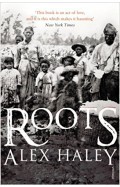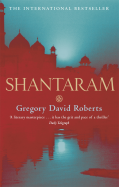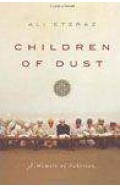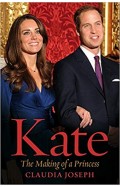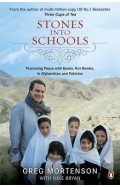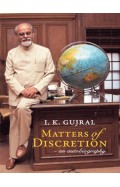The Examined Life - How We Lose and Find Ourselves
By: Stephen Grosz
-
Rs 2,495.00
Due to constant currency fluctuation, prices are subject to change with or without notice.
This book is about learning to live.
Echoing Socrates’ statement that the unexamined life not worth living, psychoanalyst Stephen Grosz draws on his twenty-five years of work and more than 50,000 hours of conversations to form a collection of beautifully rendered tales that illuminate the human experience.
These are stories about everyday lives: from a woman who finds herself daydreaming as she returns home from a business trip to a young man loses his wallet, to the more extreme examples: the patient who points an unloaded gun at a police officer and the compulsive liar who convinces his wife he's dying of cancer. The resulting journey will spark new ideas about who we are and why we do what we do.
‘This moving book will make the reader think of Freud’s keenly observed and literary-minded case studies…piercing chapters that read like a combination of Chekhov and Oliver Sacks’ New York Times
‘Grosz is a superb storyteller and tells lots of his patients' stories with sensitivity, but also with great acuity. You might keep thinking you recognise things about people you know’ Evening Standard.
This book is about learning to live.
Echoing Socrates’ statement that the unexamined life not worth living, psychoanalyst Stephen Grosz draws on his twenty-five years of work and more than 50,000 hours of conversations to form a collection of beautifully rendered tales that illuminate the human experience.
These are stories about everyday lives: from a woman who finds herself daydreaming as she returns home from a business trip to a young man loses his wallet, to the more extreme examples: the patient who points an unloaded gun at a police officer and the compulsive liar who convinces his wife he's dying of cancer. The resulting journey will spark new ideas about who we are and why we do what we do.
‘This moving book will make the reader think of Freud’s keenly observed and literary-minded case studies…piercing chapters that read like a combination of Chekhov and Oliver Sacks’ New York Times
‘Grosz is a superb storyteller and tells lots of his patients' stories with sensitivity, but also with great acuity. You might keep thinking you recognise things about people you know’ Evening Standard.
The Examined Life - How We Lose and Find Ourselves
By: Stephen Grosz
Rs 2,495.00 Ex Tax :Rs 2,495.00
Zubin Mehta: A Musical Journey (An Authorized Biography)
By: VOID - Bakhtiar K. Dadabhoy
Rs 840.00 Rs 1,050.00 Ex Tax :Rs 840.00
Manning Up: How the Rise of Women Has Turned Men into Boys
By: Kay Hymowitz
Rs 995.00 Ex Tax :Rs 995.00
No similar books from this author available at the moment.
No recently viewed books available at the moment.
Zubin Mehta: A Musical Journey (An Authorized Biography)
By: VOID - Bakhtiar K. Dadabhoy
Rs 840.00 Rs 1,050.00 Ex Tax :Rs 840.00
The Examined Life - How We Lose and Find Ourselves
By: Stephen Grosz
Rs 2,495.00 Ex Tax :Rs 2,495.00












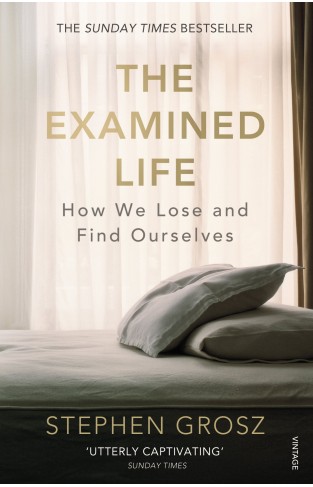
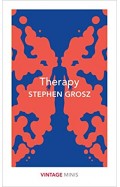

-120x187.jpg?q6)





